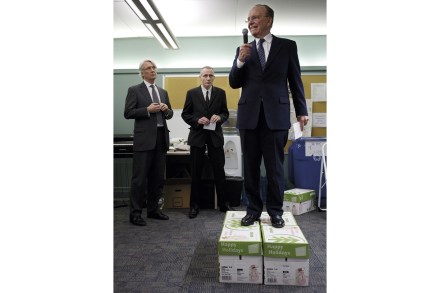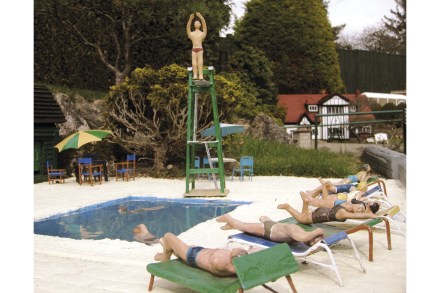The real Rupert Murdoch, by Kelvin MacKenzie
For more than four decades I have been around Rupert Murdoch. In that time he employed me in both London and New York, invested in my business ideas and ultimately fired me. It was always rock ’n’ roll around Rupert and that’s the way I liked it. So you would have thought that when the BBC made its current three-part documentary on him, it might have come to me for my views. Oh no. I presume it didn’t want to take the risk I might say something warm and supportive. It did, however, film Trevor Kavanagh, the Sun’s political columnist, for hours on end. He was warm and supportive. But





















